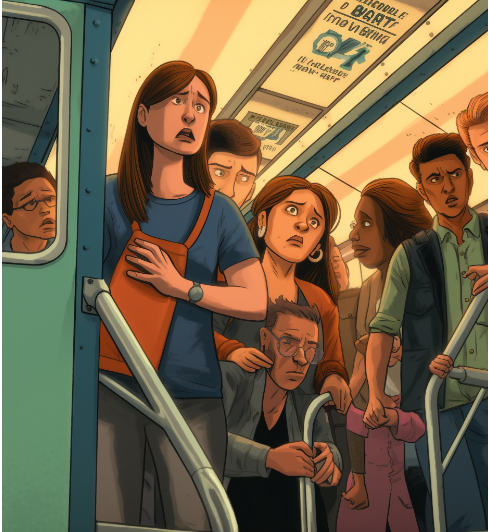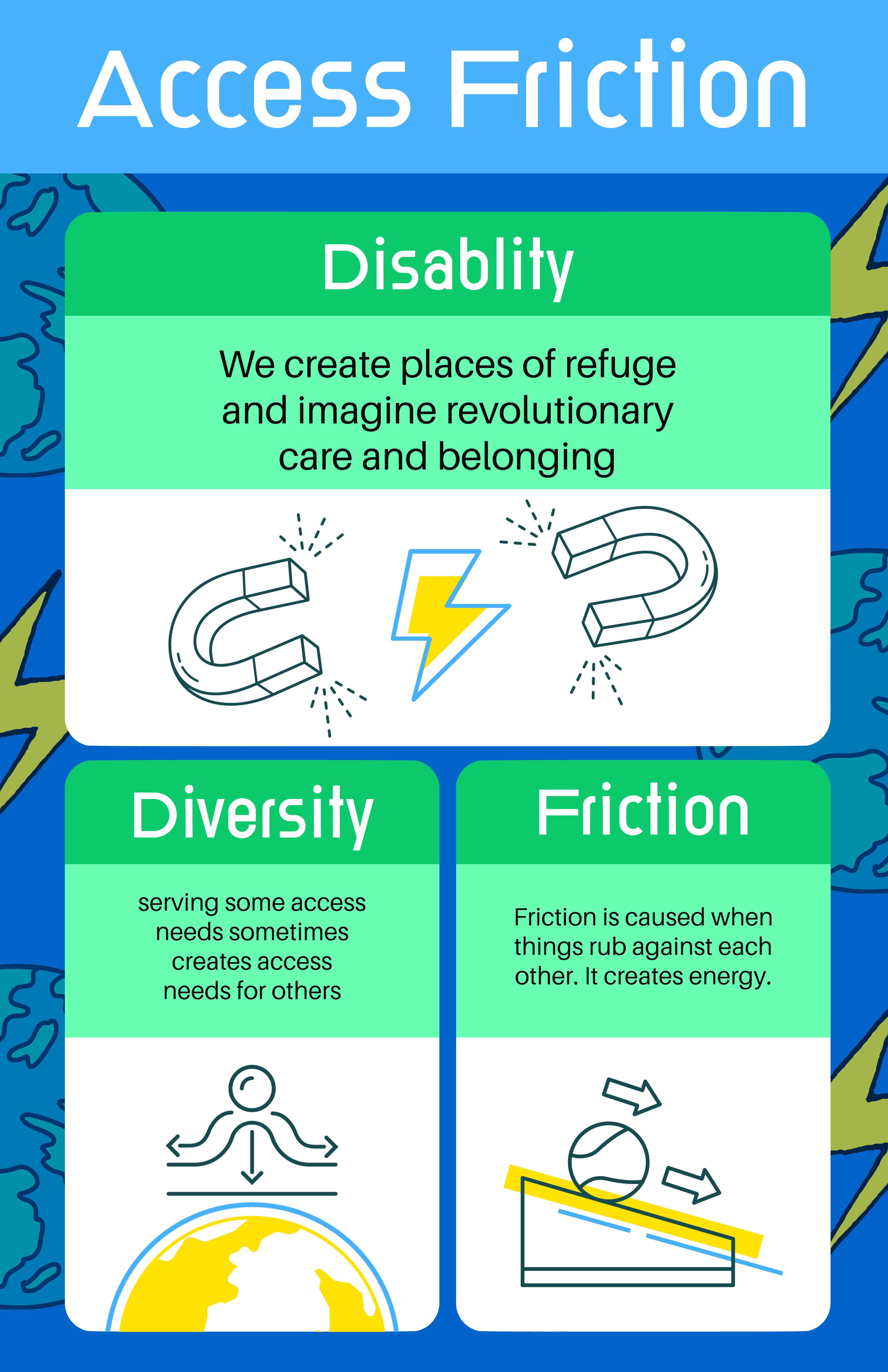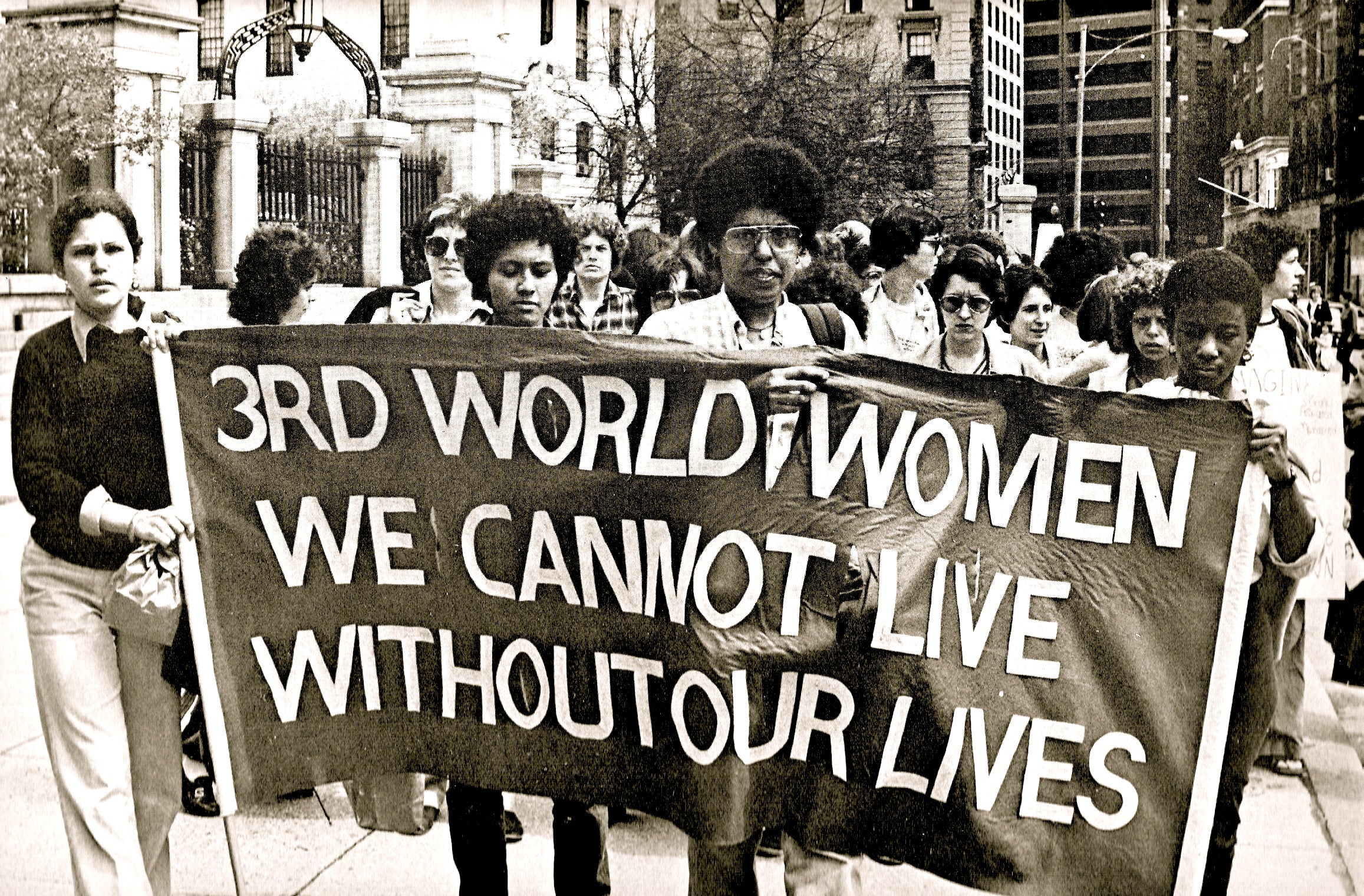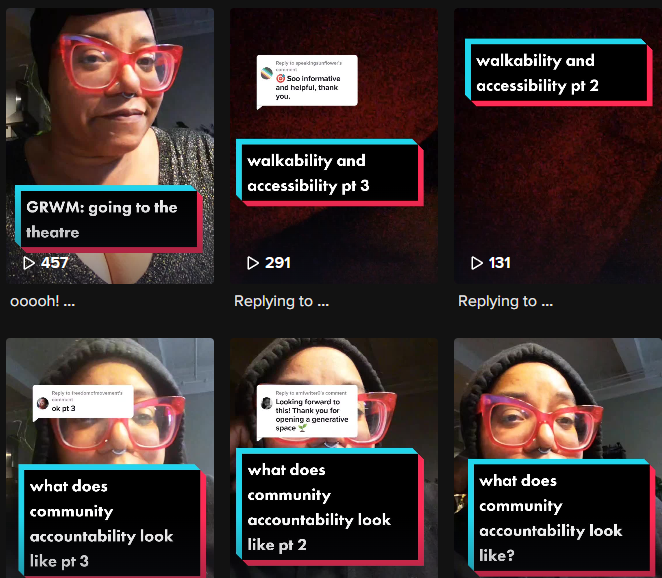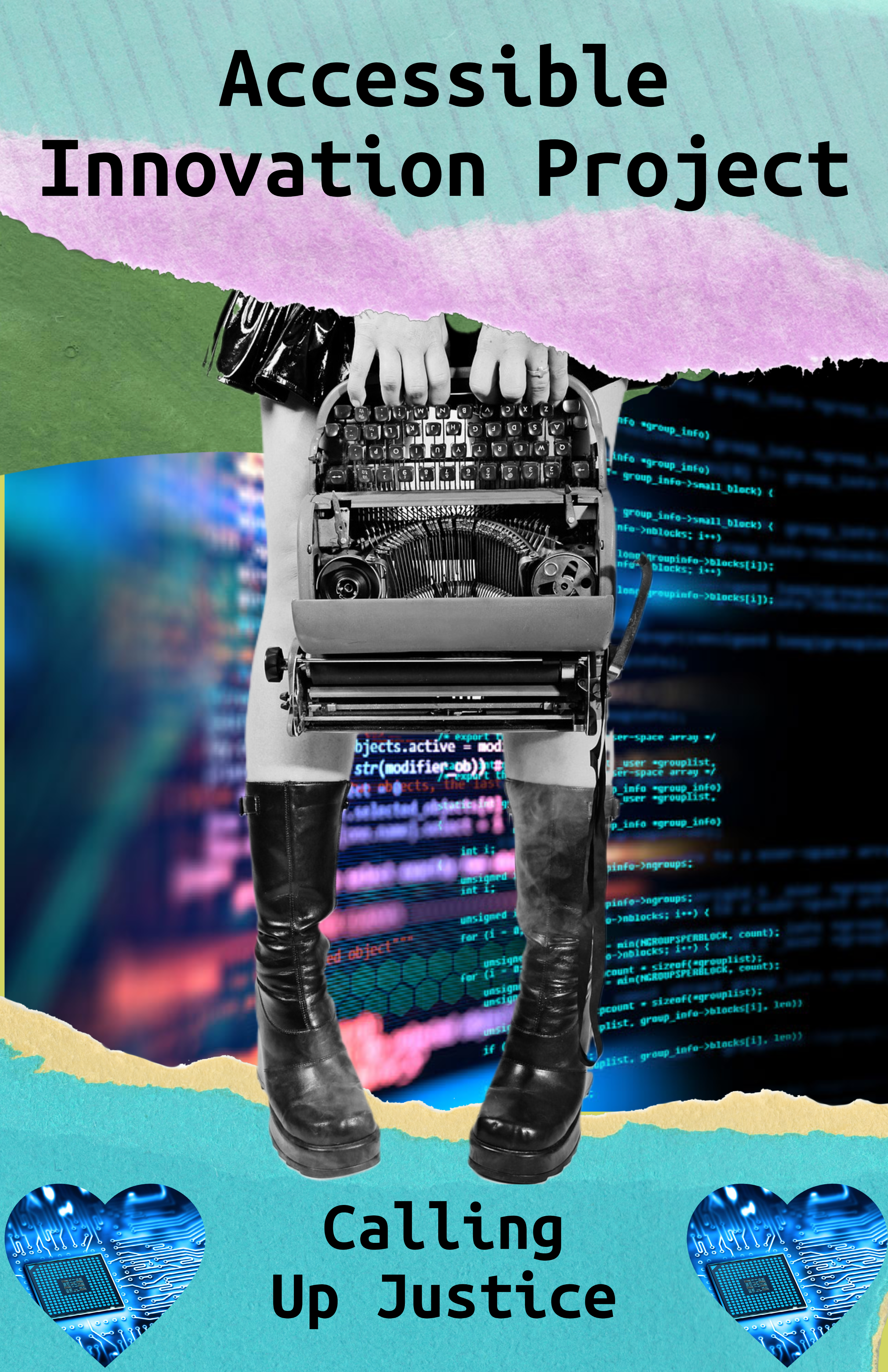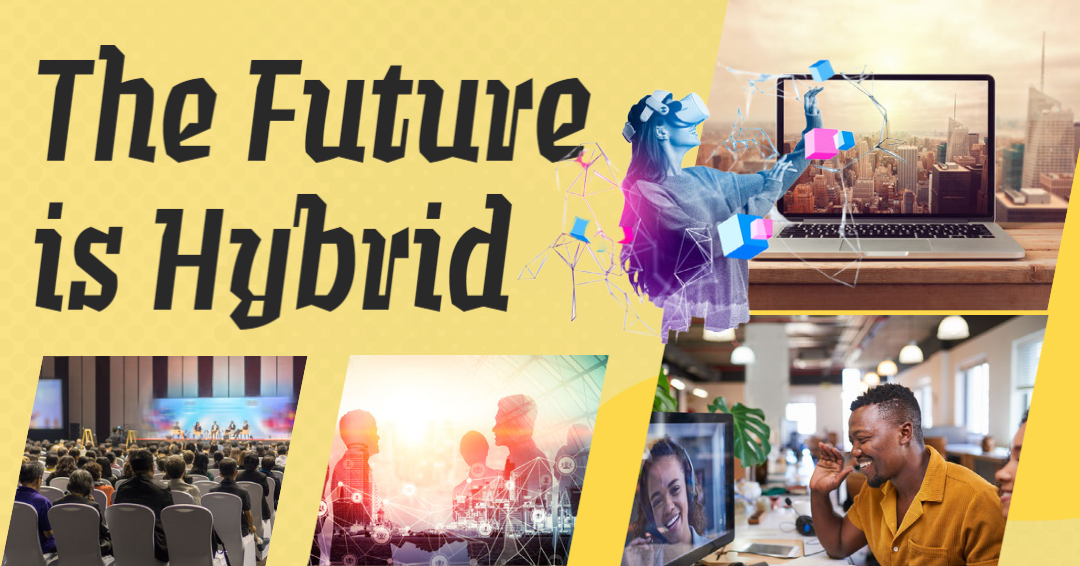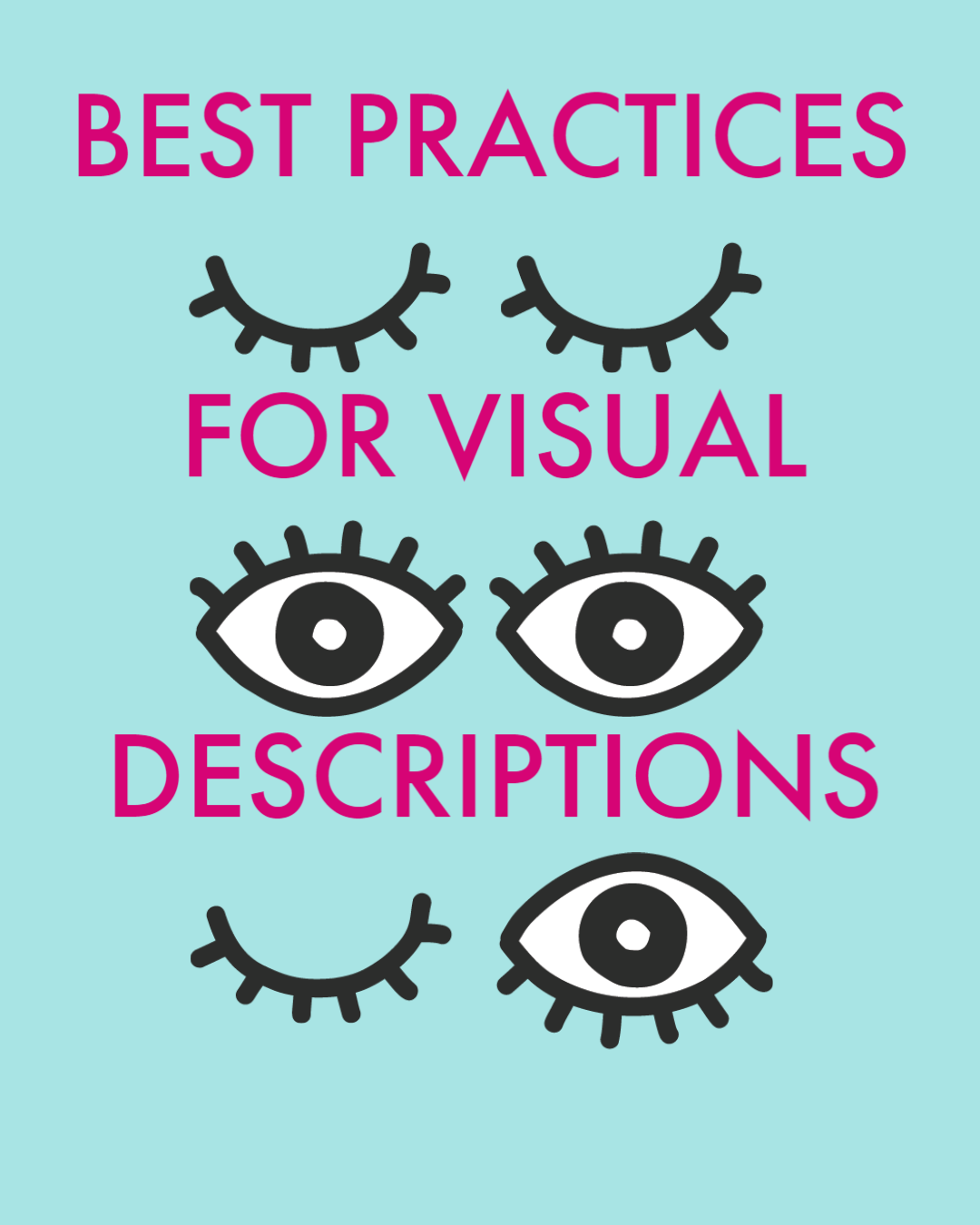
Visual Descriptions with Calling Up Justice
At Calling Up Justice, inclusivity lies at the core of our values, and as part of our commitment to accessibility, we have implemented visual descriptions in all our gatherings. This practice ensures that visually impaired individuals and those joining through audio-only channels can fully engage and participate. In this guide, we will delve into the personal aspects of providing visual descriptions, while also offering performance notes to address potential self-consciousness and encourage effective descriptions that are informative and respectful.

